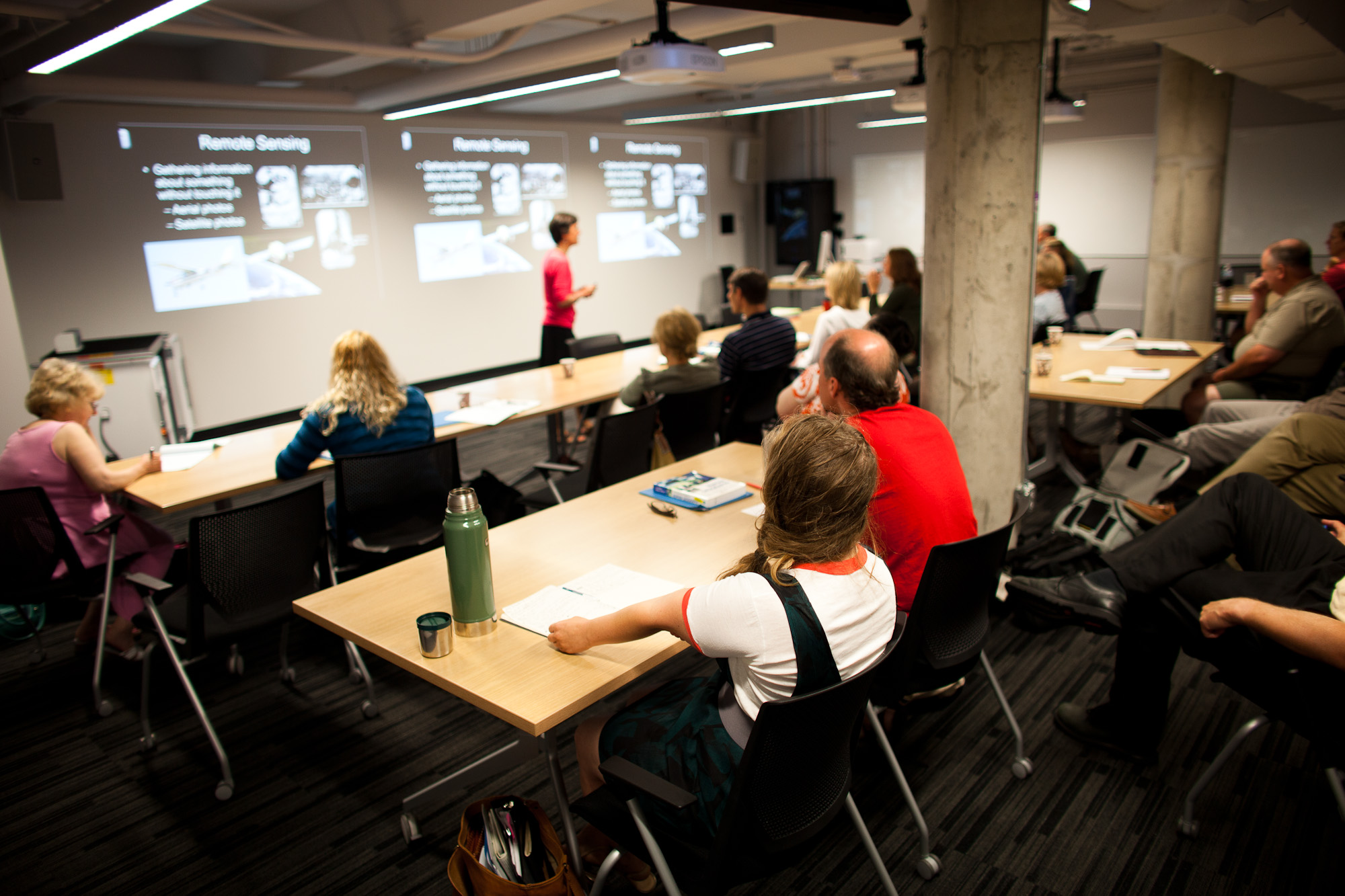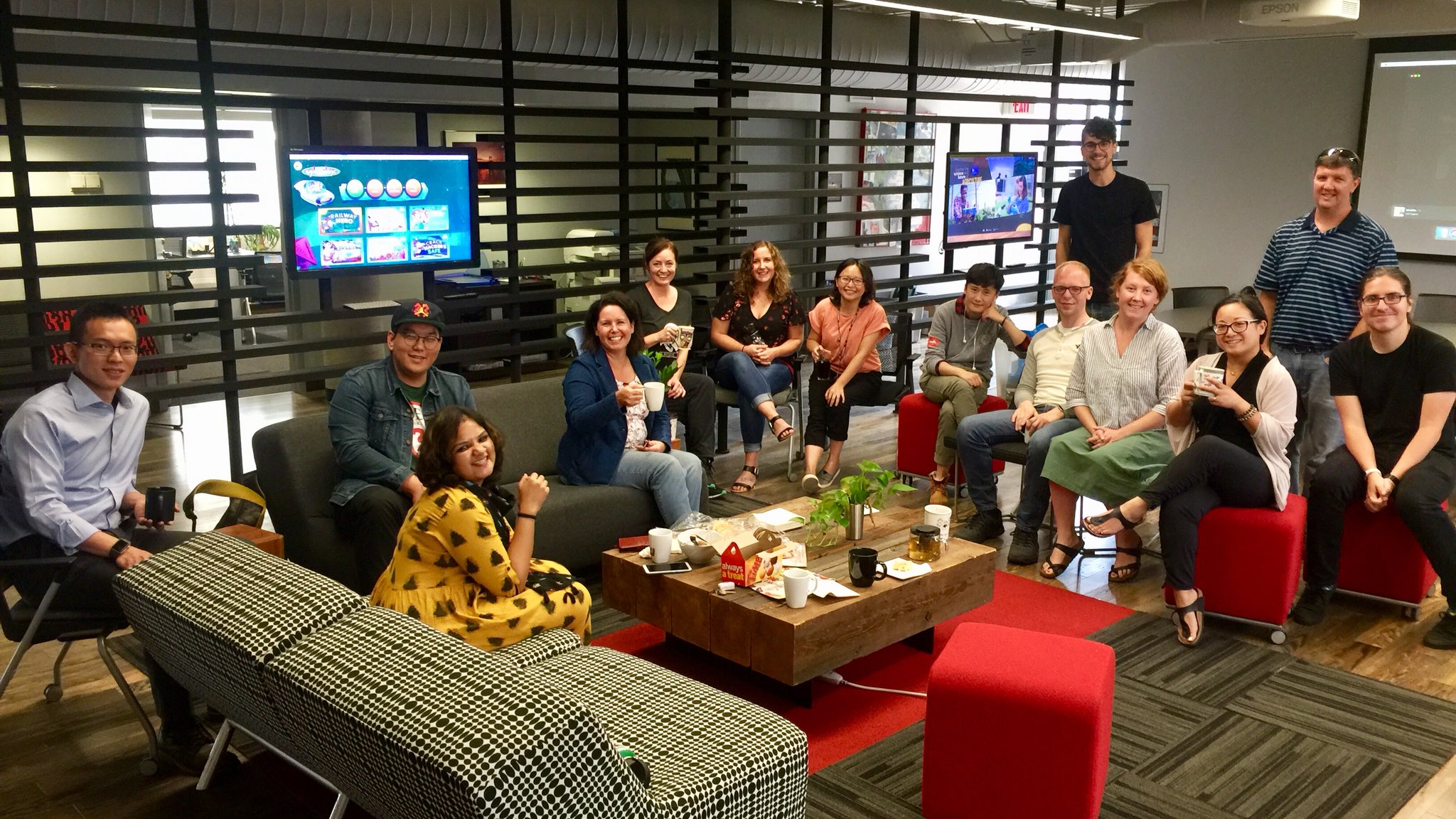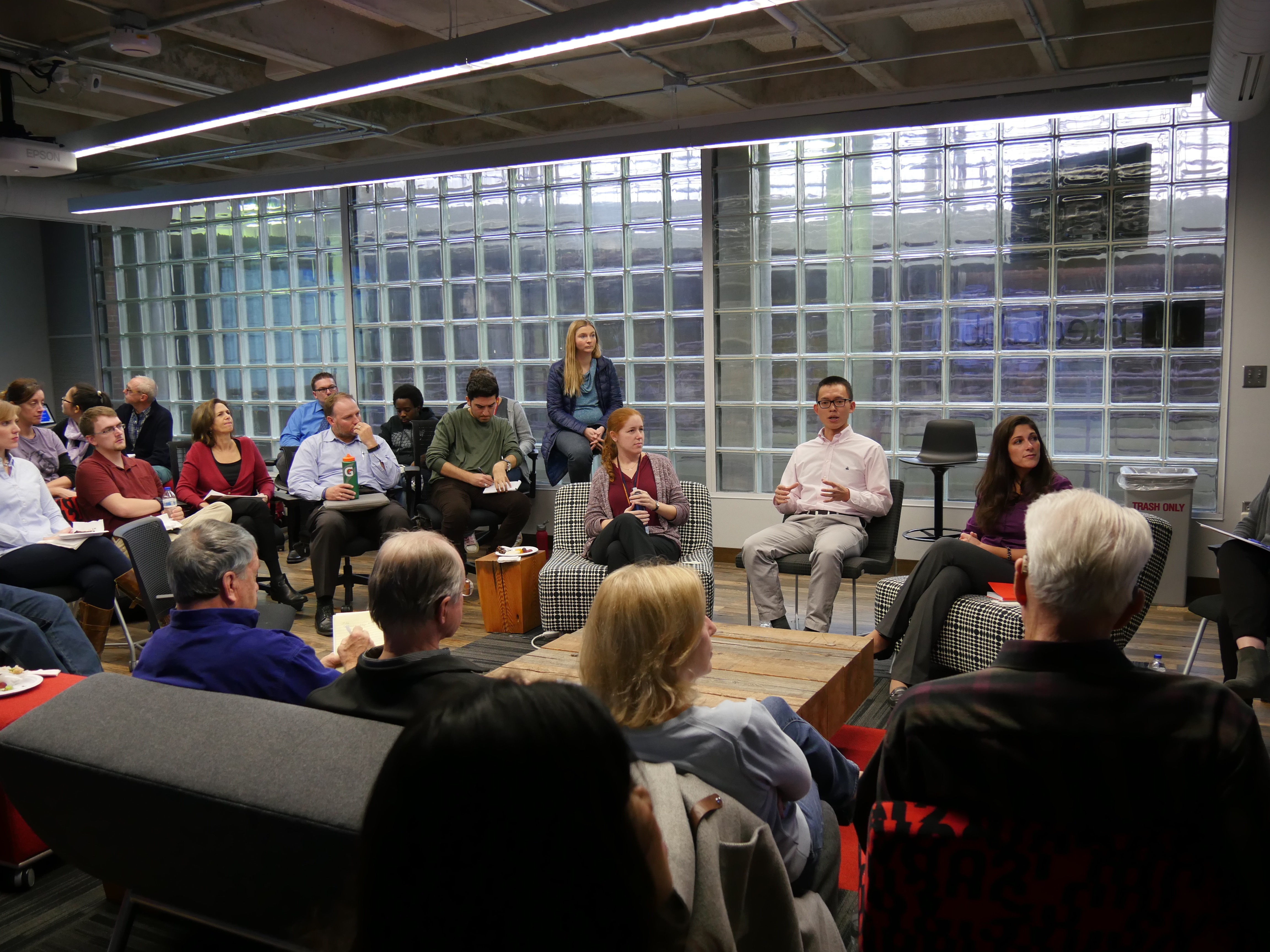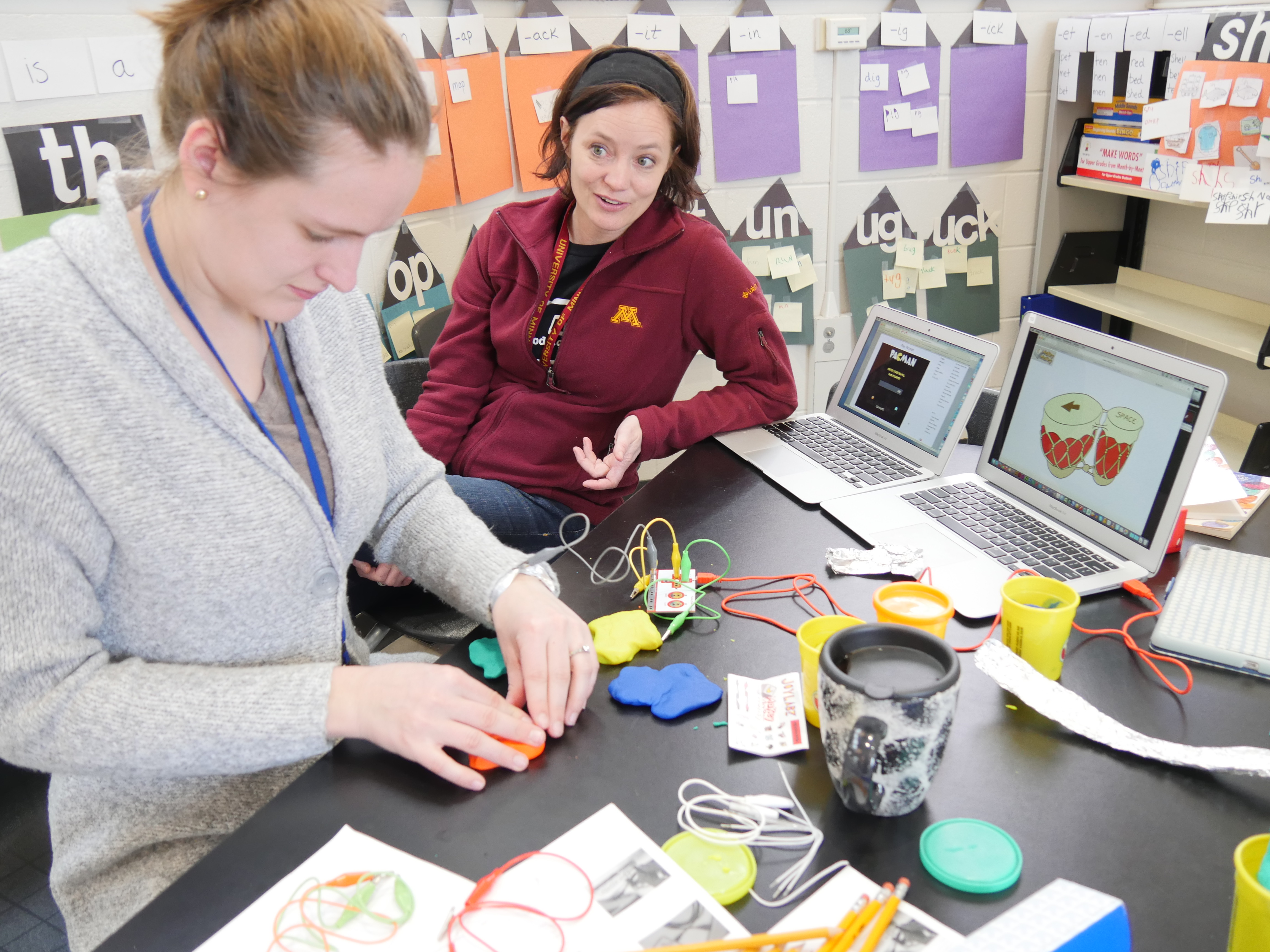July 26, 2017
Cassie Scharber and Cynthia Lewis collaborated with Kevin Leander from Vanderbuilt University to contribute an entry published in the latest volume of Literacies and Language Education within the Encyclopedia of Language and Education.
ABSTRACT: Increasing access to and usage of Internet-networked tools around the world continue to shape and change literacy practices within social and educational contexts. It is these evolving literacies, rather than the tools themselves, that ground and motivate our discussion in this chapter. We highlight historical innovations in Internet technologies and outline major contributions foundational to understanding the changing nature of literacy: multimodality, sociality, and critical digital literacies. Next, we explore the concepts of transnational identities, literacy ecologies, and gaming as fields in progress within the increasingly mobile and interconnected world. We then turn to critical social issues, including the digital divide and the ways in which the Internet continues to drive and problematize the definitions and boundaries of education, communication, and literacy. Finally, we consider future directions for the field, including emerging implications for research, definitions of literacy, conceptions of teaching in its relation to learning, new applications/practices, statistical images of Internet access, and celebrated projects and research studies, all of which illustrate the contemporary wired literacy landscapes of the world.
Leander, K., Scharber, C., & Lewis, C. (2017). Literacy and internet technologies. In B. Street (Ed.), Encyclopedia of language and education (3rd edition) (pp. 43-58). Cham, Switzerland: Springer International Publishing.



